Technical assistance, expertise and implementation
Socioemotional skills for the future of work
The project aims to reduce the gap between job offers and opportunities for economically vulnerable youth, aged 16-24, regarding the Future of Work in Latin America. Focusing on labour demand and supply side, it plans to improve employability and insertion in the labour market of targeted youth, by 2021. It intends to reach at least 80.000 youths in the region, particularly in Argentina, Chile, Mexico, Peru and Uruguay. To achieve this, Forge is developing an innovative digital platform to train youth in socioemotional competencies and digital skills and help them better cope with the challenges posed by changing labour markets.
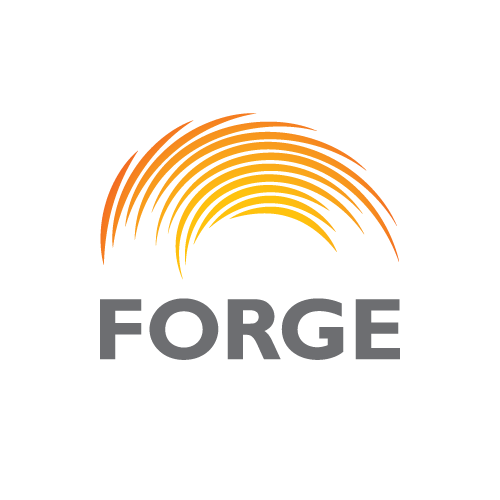
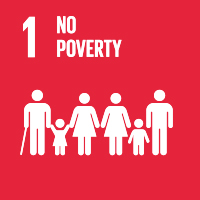
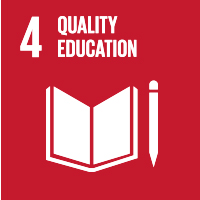
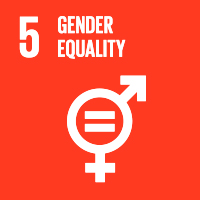
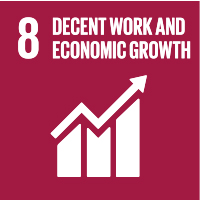
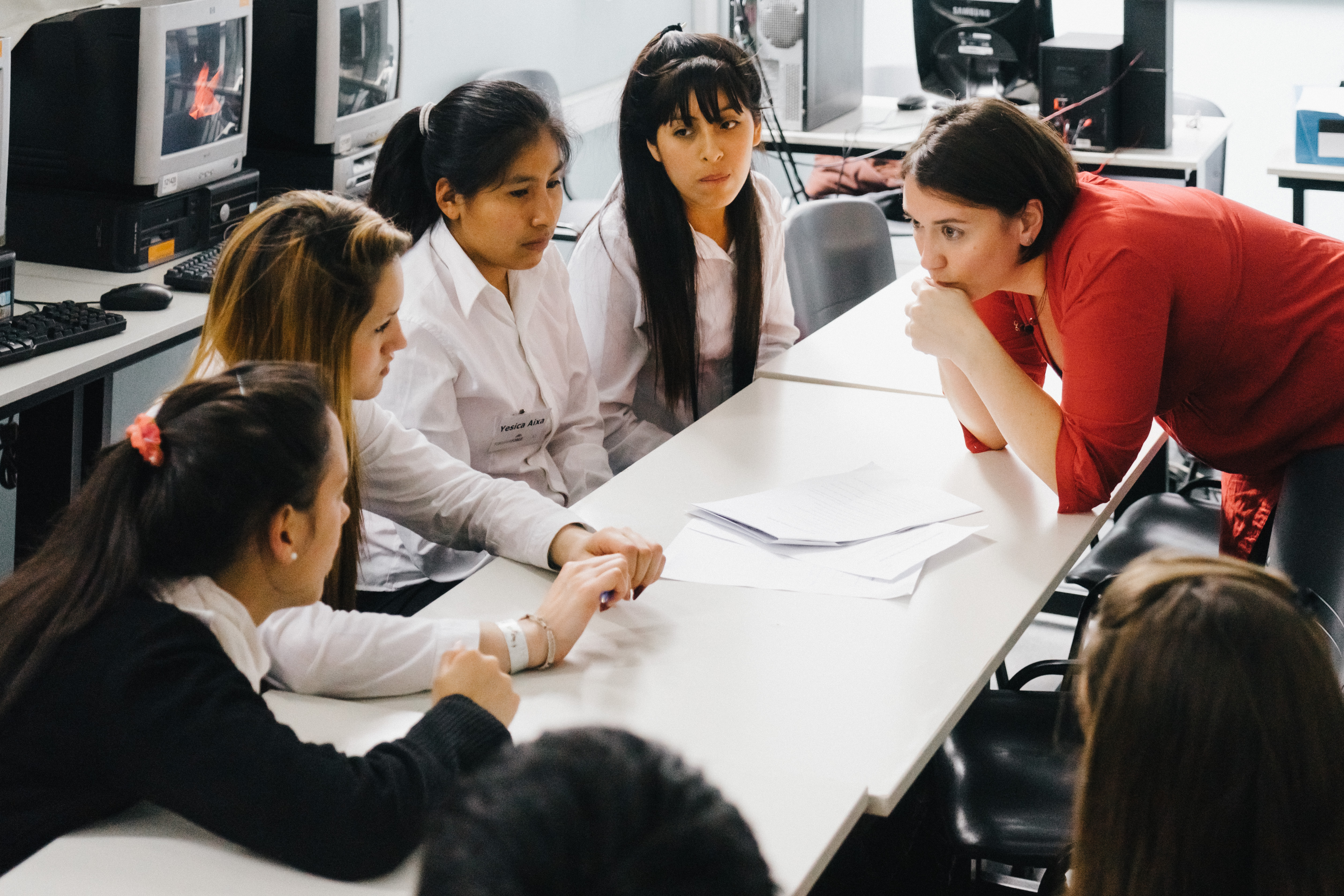
.jpg)





